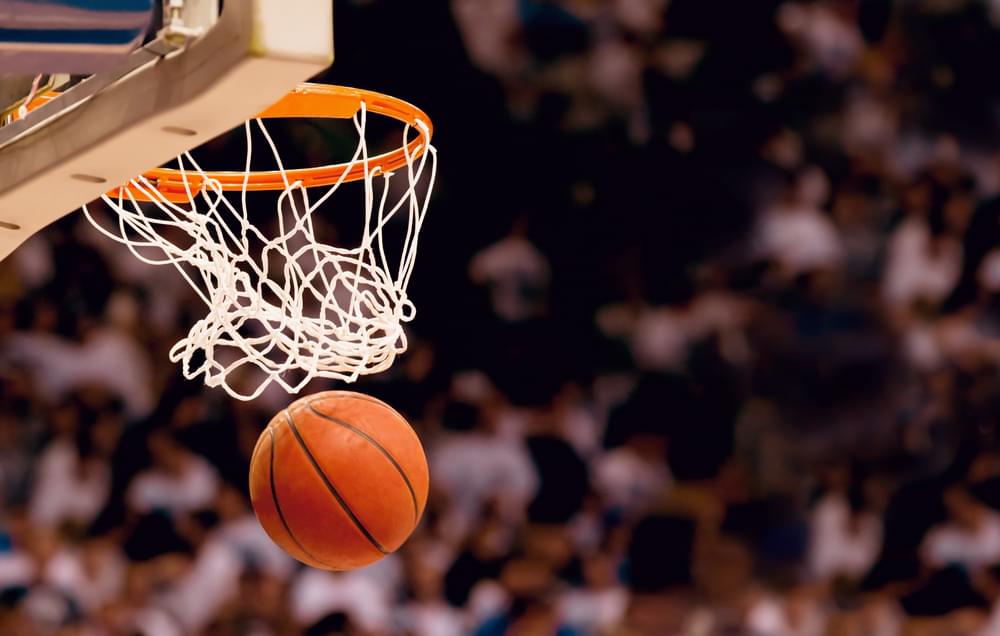photo credit: Procreative // Shutterstock
To pay or to not pay the college players, that is the question.
California has a new bill pending. The bill would allow college athlete to earn compensation for the use of their own name, image or likeness. they would basically get paid for people using their name or image, beginning in 2023 if passed. The schools would not be allowed to pay the athletes directly. The bill has passed the Senate 31-4, and now moves to the Assembly for consideration.
Senator Nancy Skinner, who introduced the bill, stands for college athletes, fighting that universities and their coaches are raking in millions of dollars and the NCAA nets billions a year from collegiate sports, while athletes are barred from accepting any compensation beyond tuition, school fees, room and board and small cost-of-living stipends.
Skinner said her bill would treat college athletes the same as those who compete in the Olympics and give collegiate players an opportunity to “earn income from their talent” while retaining their amateur status.
“Olympic athletes are also considered amateur, so this does not professionalize our college athletics and may in fact result in encouraging some of our students to stay in school rather than the motivation to go pro early because it’s the only way to earn an income,” Skinner said.
California State University system, University of California, USC and Stanford University, are all opposed to the bill. Many ask what would happen to the California college sports programs if they were to violate the NCAA rules. Claiming this would hurt the athletes more than the schools.
NCAA President Mark Emmert released this statement regarding the new bill, “We recognize all of the efforts that have been undertaken to develop this bill in the context of complex issues related to the current collegiate model that have been the subject of litigation and much national debate,” Emmert said in his letter. “Nonetheless, when contrasted with current NCAA rules, as drafted the bill threatens to alter materially the principles of intercollegiate athletics and create local differences that would make it impossible to host fair national championships. As a result, it likely would have a negative impact on the exact student-athletes it intends to assist.”
Written by Clarke Jones
